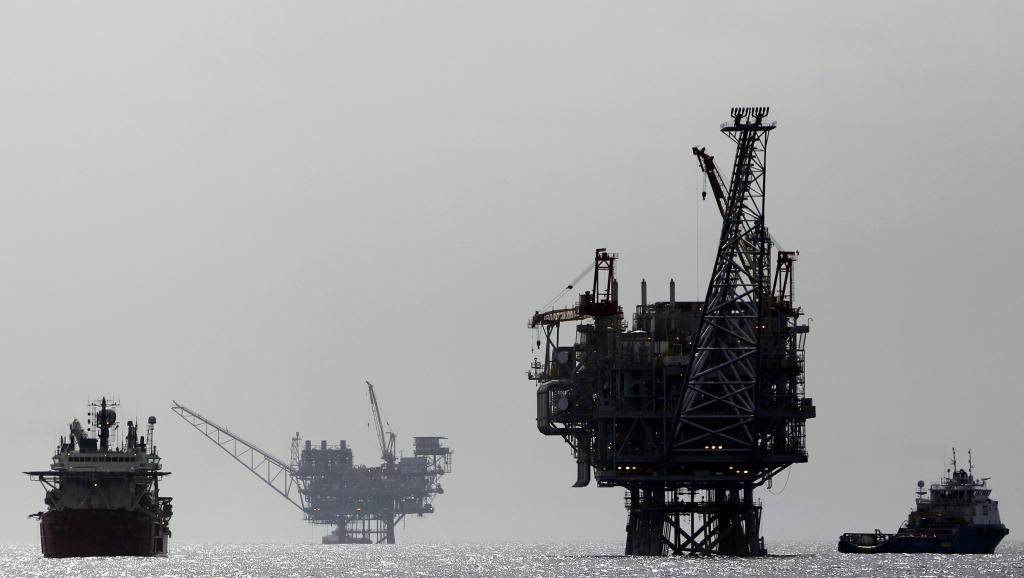With the outright confrontation between Turkey and the European Union about Ankara’s drilling program in the Eastern Mediterranean on the verge of escalating out of control, Cyprus is moving on with its own gas export plans. As Cypriot Energy Minister Georgios Lakkotrypis told the media, “energy, we feel, can act as a catalyst for regional stability and peace, provided that all countries fully respect the sovereign rights of their neighbors, within the framework of international law.” The latest escalation of tensions follow the decision by EU foreign ministers earlier this month to pass a mechanism to sanction individuals or entities involved in “unauthorized drilling activities” in the Eastern Mediterranean.
Earlier in September, the Turkish drillship Yavuz started operations inside Block 7, off the coast of southeastern Cyprus. Last week, Ankara responded to the EU sanctions mechanism by deploying a second drillship, the Fatih, to waters off northeastern Cyprus. Suggesting that the EU essentially does not treat Cyprus as a disputed island, Turkish politicians and academics argue that Ankara does not have any other choice now but to flex its muscles. “Cyprus is using diplomatic and legal means to respond to Turkey’s escalating military provocations,” says Lakkotrypis, adding that “as we speak, Turkey is attempting a fourth drilling operation inside Cyprus’ territorial waters, accompanied by gunboats.”
Meanwhile, Italy’s Eni and France’s Total made headlines over an alleged change of plan in the area claimed by Turkey known as Block 7, but the decision of the consortium to start with other blocks has reportedly nothing to do with Turkish actions. As Lakkotrypis explained, the decision by the consortium was taken based on geological data, even before Turkey’s intervention in the area. The Aphrodite consortium earlier presented a development plan that estimates gas will start flowing in 2025. The final investment decision from the consortium, which includes Israel’s Delek group, Texas-based Noble Energy, and Anglo-Dutch Shell, could be reached by 2022.
The plan depends on the construction of a pipeline connecting the field to Idku in Egypt, where the natural gas will be converted into LNG to be re-exported to Europe and international markets. The Aphrodite consortium and the owners of the Egypt-based Idku LNG terminal expect to start negotiations in the coming weeks to secure a gas sales contract. However, with the field located in deep waters, global gas prices staying relatively low, fierce competition from Russia, Qatar and North America remains fierce and Egypt ramping up its own gas production, as several experts suggested, this may not be smooth sailing.




